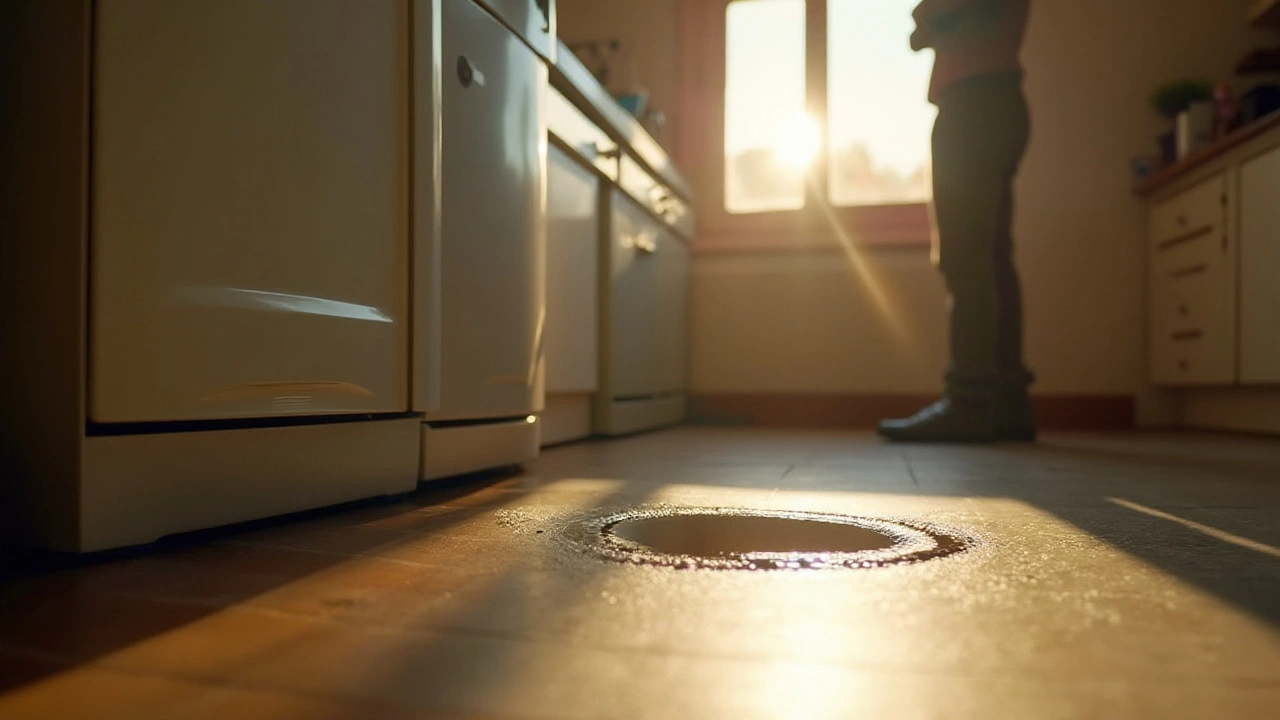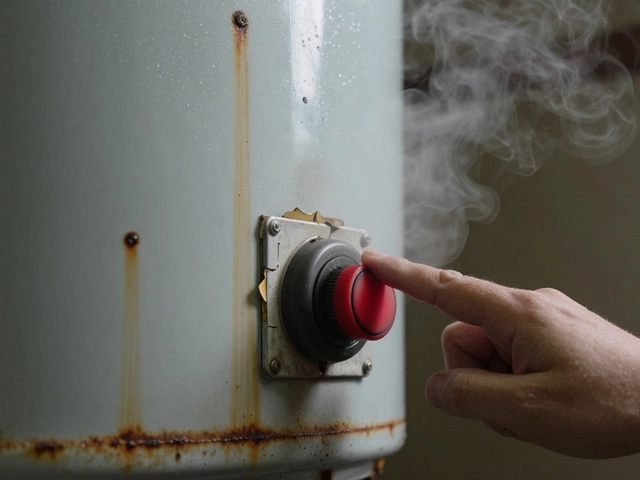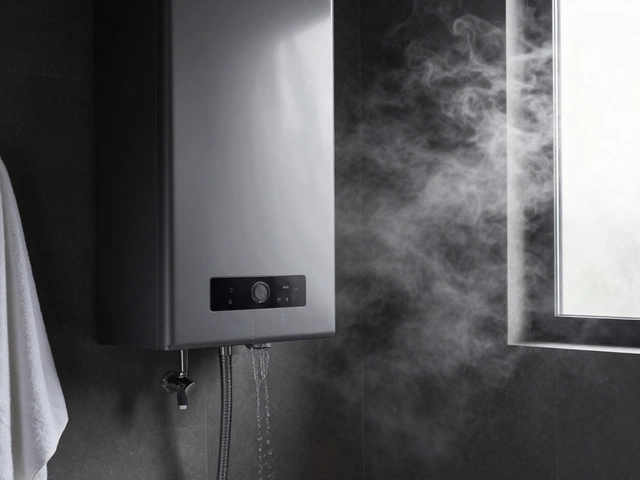Plumbing Solutions for Every Home Problem
Got a noisy boiler, a water heater that keeps tripping, or an extractor fan that stopped working? You’re not alone. Home owners face these issues every day, and most of them can be tackled with a few simple steps before you pick up the phone.
Boiler and Heating Repairs
First, let’s talk boilers. If you’re wondering whether a plumber can install a boiler, the answer is yes – most licensed plumbers are also qualified to fit and service boilers. The key is to check they have the right certifications for gas or oil work. When your boiler starts making clunking noises or loses pressure, the quickest fix is to reset it. Turn off the power, wait a minute, then switch it back on. If the pressure gauge reads below 1 bar, you can add water using the filling loop – just follow the manufacturer’s guide.
But not every issue is DIY‑friendly. If the boiler won’t fire up after a reset, the problem could be a faulty pump or heat exchanger. That’s when you should call a professional. A regular boiler service, which includes checking the gas safety valve, cleaning the burner, and testing the thermostat, can prevent costly breakdowns and keep the heating bill low.
Water Heater & Fan Fixes
Water heaters are another common headache. The reset button on many electric models trips when the water gets too hot. Hold the button for about 30 seconds, then release. If it trips again, the thermostat might be bad, or there could be a build‑up of sediment inside the tank. Flushing the tank once a year reduces this risk. For gas heaters, a sputtering flame often means the pilot light needs relighting – follow the safety instructions on the unit and wear gloves.
Extractor fans in kitchens and bathrooms can stop working for three main reasons: a clogged filter, a broken motor, or a wiring issue. Start by cleaning the filter; a dirty filter can cut airflow and overheat the motor. If the fan still hums but doesn't spin, the motor likely needs replacement – it’s a cheap part and can be swapped with a screwdriver set. Electrical faults should be handled by an electrician to avoid shock.
When you decide whether to DIY or call a pro, ask yourself three questions: Is the problem safe to handle? Do I have the right tools? Will fixing it save me money compared to replacement? If any answer is no, it’s smarter to book a qualified plumber or heating specialist.
Keeping a small toolkit – screwdrivers, adjustable wrenches, and a multimeter – can make many minor fixes faster. Also, write down the model numbers of your boiler, water heater, and fans. That info helps a technician diagnose the issue quickly and can even speed up ordering the right part.
In short, most plumbing challenges start simple: reset, clean, and check pressure. When those steps don’t work, regular maintenance visits and professional help keep your home comfortable and safe. Got a specific problem? Look through our related articles for step‑by‑step guides, or give Weymouth Appliance Repair Services a call for a quick, reliable fix.
Identifying Common Water Heater Leak Points and Solutions
- Alden Wilder
- Dec 21 2024
- 0 Comments
Leaking water heaters can be a major headache and potential hazard in your home. This article dives into the most likely places a water heater might spring a leak, helping you identify these weak spots before they lead to bigger problems. With practical tips and insights, you'll learn how to pinpoint issues early and possibly tackle them yourself. Whether it's the drain valve, pressure relief valve, or internal tank, knowing what to watch for can save time and money.
View More

